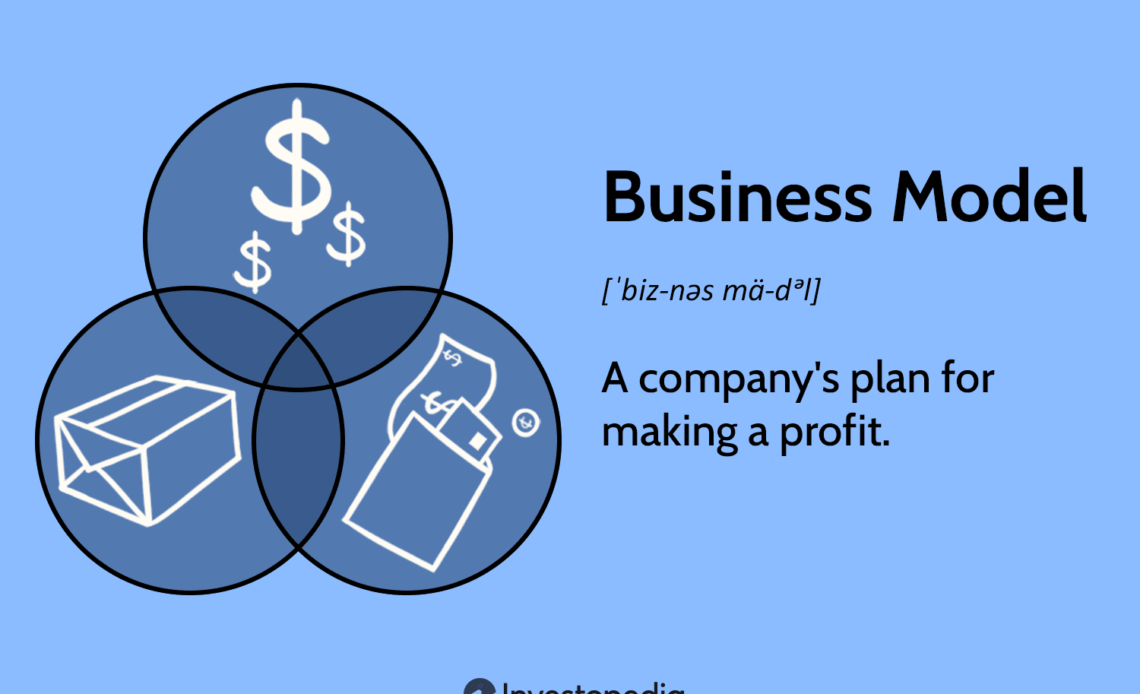https://globlejournal.com/business/craigslist-vt/ Business models: the blueprints that underpin the functioning and success of organizations across industries. In a dynamic and ever-evolving business landscape, understanding different business models is essential for entrepreneurs and decision-makers. This article delves into the intricacies of various business models, their significance, and how they shape the way companies create, deliver, and capture value.
Introduction
A business model serves as a roadmap, guiding how a company operates, creates value, and generates revenue. Entrepreneurs and business leaders must choose the right business model that aligns with their goals and the market’s demands.
Defining Business Models
A business model outlines how a company creates, delivers, and captures value. It encompasses the organization’s revenue streams, cost structure, customer segments, and value proposition.
The Components of a Business Model
Key components of a business model include:
Value proposition
Customer segments
Channels
Customer relationships
Revenue streams
Key resources
activities
Key partnerships
Cost structure
Types of Business Models
Business models can vary widely, catering to different industries and customer preferences. Some common types of business models include traditional retail, subscription-based, freemium, platform, direct-to-consumer, franchise, and e-commerce models.
Traditional Retail Business Model
The traditional retail model involves selling physical products through brick-and-mortar stores. Retailers earn revenue from the markup on products and services they offer.
Subscription-Based Business Model
In this model, customers pay a recurring fee to access a product or service. This model creates predictable revenue streams and fosters customer loyalty.
Freemium Business Model
Freemium offers both free and premium versions of a product or service. Basic features are free, while advanced features come at a cost. This model aims to convert free users into paying customers.
Platform Business Model
Platforms connect multiple parties, facilitating transactions or interactions. They generate revenue through transaction fees, advertising, or subscription charges.
Direct-to-Consumer (DTC) Business Model
DTC bypasses intermediaries to sell products directly to customers. This model allows for better control over branding, customer relationships, and pricing.
Franchise Business Model
Franchises grant individuals the right to operate a business using an established brand and business model. Franchisors receive fees and royalties from franchisees.
E-commerce Business Model
E-commerce involves selling products online. It can include various models such as B2B (business to business), B2C (business to consumer), and C2C (consumer to consumer).
The Sharing Economy Business Model
In the sharing economy, individuals share resources or services through platforms. Revenue comes from service fees or commissions.
Adapting Business Models in the Digital Age
The digital age has led to the transformation of traditional business models. Companies must embrace digital technologies, data analytics, and online platforms to stay competitive.
Innovation and Business Model Evolution
Innovation often drives the evolution of business models. Companies innovate to address changing customer needs, market dynamics, and technological advancements.
Challenges and Considerations
Choosing the right business model requires careful consideration of market trends, competitive landscape, and scalability. Additionally, companies must navigate challenges such as disruptive technologies and changing consumer preferences.
Conclusion
Business models are the engines that power organizations. Entrepreneurs and business leaders must select a model that aligns with their values, goals, and the market’s demands. Adapting to technological advancements and staying attuned to customer preferences will be pivotal in ensuring the sustained success of any business model.
FAQs
What is a business model?
A business model is a framework that outlines how a company creates, delivers, and captures value. It includes revenue streams, customer segments, and key activities.
What are the components of a business model?
Components include value proposition, customer segments, channels, customer relationships, revenue streams, key resources, key activities, key partnerships, and cost structure.
What is a subscription-based business model?
In a subscription-based model, customers pay recurring fees to access products or services, creating predictable revenue streams.
What is a platform business model?
Platform models connect multiple parties, generating revenue through transaction fees, advertising, or subscription charges.
How do companies adapt business models in the digital age?
Companies embrace digital technologies, online platforms, and data analytics to transform traditional business models and stay competitive.



